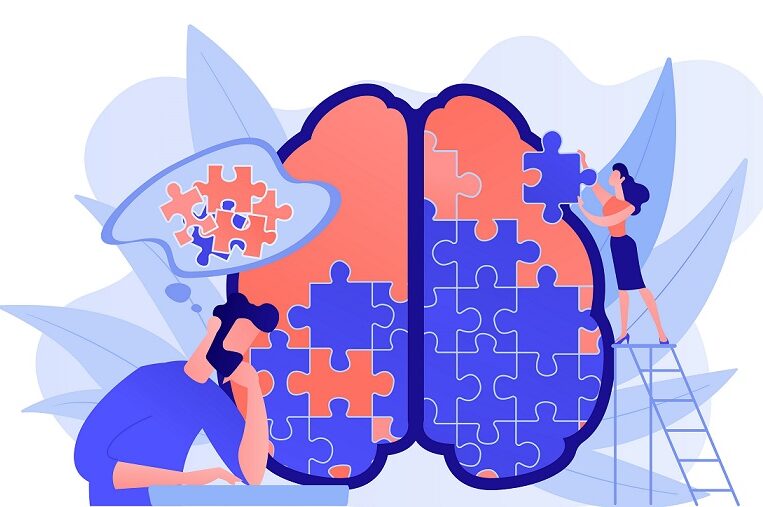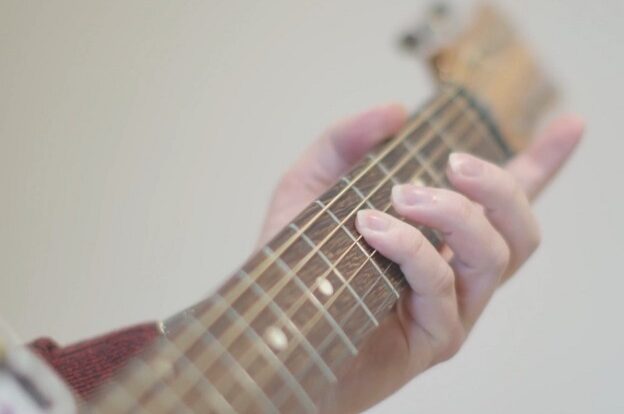
When *Mike started to experience the first symptoms of Huntington’s Disease, the impact on him was devastating.
As we mark Huntington’s Disease Awareness Month, I would like to reflect on his journey and the effects of this life changing condition, on individuals like him and the families and loved ones around them.
Before being admitted to Cygnet St William's, he had made several attempts on his life and began self-medicating with illicit drugs and alcohol. He didn’t have a home to call his own. He found it challenging to work with carers and his mental and physical health significantly deteriorated.
St William’s is a 12-bed neuropsychiatric service, based in Darlington. We provide people living with progressive neurological diseases like Huntington’s Disease, a caring and longer term placement to help manage the progression of their symptoms.
Huntington’s Disease is a rare, inherited disease that causes the progressive breakdown of nerve cells in the brain. It can manifest in several different ways, but the core symptoms fit broadly into three categories: motor, cognitive and psychiatric.
Motor symptoms are most often large involuntary jerking-type movements of the limbs (chorea) although they can also affect the movements associated with speech and swallowing.
Cognitive symptoms commonly include difficulty organising thoughts, controlling impulses or outbursts of anger and memory lapses.
Psychiatric symptoms such as depression, obsessions, psychosis and aggressive behaviour can occur and they can be some of the earliest signs of the disorder.

A time of adjustment for all
While each individual with Huntington’s Disease requires different level of care and support, it can be a scary time for their family.
Their behaviour towards them can change radically. They may start swearing or hitting out when this would have been uncharacteristic before the disease progressed. Sometimes, they can make accusations against family members, which can be very distressing for everyone involved.
Part of our role is to walk through this tough part of the disease progression alongside them so we can help both the individual and the family members involved.
At St William’s, a whole team is employed around each service user. Speech and language therapists’ work towards improved abilities in communication and eating as often swallowing becomes difficult, and our physiotherapist will look at gait and muscular discomfort.
Medications for symptoms are considered by the neuropsychiatrists and, if prescribed, they are closely monitored in conjunction with regular physical health reviews and 1:1 therapy, so that mental health and cognition is approached holistically. Our nurses will support skills in washing, dressing and healthy life choices, and care for the individual with empathy and kindness.
We also understand that the families involved are likely to be having their own struggles with the disease and this adds another dimension to the care plan, so we have regular face-to-face meetings with family to discuss any concerns.

Turning a corner
With support, Mike was finally able to receive treatment and medication that helped him with the symptoms, and he was able to address years of self-neglect. It was a hard battle, both for him and his carers. He wasn’t used to being in one place for any length of time and found it difficult to trust people trying to help him.
Mike’s life started to change within hours of him arriving at St William’s. Sitting outside eating a snack just after he arrived – taking in the fresh air and new surroundings, gave him a small degree of contentment. Small positive steps each day resulted in him being able to take part in social and therapeutic activities and start to improve his quality of life.
We have seen a change in what Mike can do due to the disease progression. However, every day he can be heard laughing with the staff team and bringing smiles to the team’s faces. They cannot mention his name without smiling – his personality is infectious!
Whilst not everyone’s experience of Huntington’s is the same or will ever mirror Mike’s, it’s important to realise that specialist teams and knowledgeable care is key to providing compassionate care and treatment for individuals with Huntington’s Disease.
*Name has been changed to protect his identity